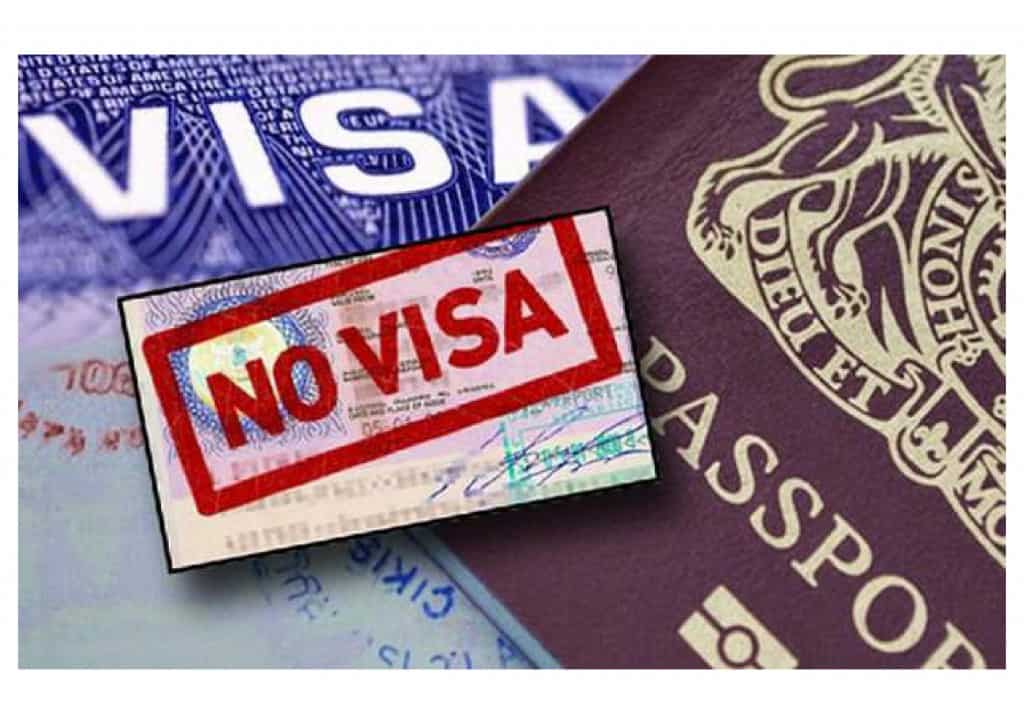
Recovering PR using subclass 157 – if you have departed Australia as a PR and has not renewed your permanent visa (former PR), it is still possible for recovering your PR by applying for a RRV subclass 157 visa.
Generally, only Australian citizens have an automatic right to enter Australia. Australian permanent residents only have the right to live in Australia indefinitely but if they depart the country, they will need to have a right to re-enter.
All visas, including permanent visas, have an expiry date. Permanent visa holders may renew or re-apply for a further permanent visa by applying for a RRV or Resident Return Visa. There are 3 types of RRVs:
- Class BB subclass 155 (5 year Resident Return) visa (click here to learn more). If you are an Australian PR and been living in Australia for at least 2 years in the last 5 years, the Department will [automatically] grant you a subclass 155 valid for a further 5 years. If you do not meet the 2 in 5 year residence rule, the Department could still grant you a subclass 155 but with 12 months validity.
- Class BB subclass 157 (3 month Resident Return) visa. This is also a permanent visa but it is only valid for 3 months. Subclass 157 is usually granted to PR or former PR who do not meet the subclass 155 visa requirements. For example, for a PR who recently started to live in Australia, but has to travel overseas for compelling and compassionate reasons (compelling reasons for absence).
- Class TP subclass 159 (Provisional Resident Return) visa (click here to learn more). Subclass 159 visa can only be applied if the applicant is outside Australia. Subclass 159 is valid for 3 months to allow the holder to enter Australia and to apply for a permanent visa (example, Class BB visa).
To be eligible for a subclass 157 visa, you do not have to be an Australian PR at the time of application, i.e., recovering PR. However, you must have been a PR in the past, and your last held PR visa was not cancelled. It is the Department’s policy to support former PR who was originally given permission to settle permanently in Australia, but subsequently lost their PR for any reasons other than through visa cancellation. This Policy ensure that no applicant, regardless of their origin or date of migration, is inadvertently disadvantaged by the definition of “permanent resident” in the Migration Act. This applies to NZ citizens who hold a SCV Class TY subclass 444 (click here to learn more) who are former PR (either granted a PR or were a resident in Australia prior to 01 September 1994 as an exempt non-citizen or the holder of a permanent entry permit).
If you are a former PR and was subsequently granted a temporary visa or your RRV application is refused, you will always be a former PR and may be in the future eligible for an RRV.
If you have lost your PR and wanting to return to Australia as a PR, it is still possible for recovering your PR. If you are granted a RRV, you will be issued with a subclass 157 visa. However, subclass 157 cannot be applied via the internet. You will first be considered against the subclass 155 criteria and if you are ineligible, the Department will then consider you for a subclass 157 visa.
You should note that if your last permanent visa was cancelled (cl. 157.211(c)), you will not be eligible for an RRV. Or if your last visa was a Business Skills visa and was subject to cancellation order, you may not be eligible for this visa.
Recovering PR, when you apply for a RRV to return to Australia, the Department will 1st consider you for a subclass 155 visa and if you are ineligible, the Department will then consider you for a subclass 157 visa. If you are eligible for both, the Department will grant you the most advantageous RRV which is subclass 155.
If you are applying for subclass 157 visa outside Australia and you do not satisfy the visa criteria, the Department may invite you to apply [under r. 2.11] for an alternate visa.
When applying for a RRV, the Department must be satisfied that you are of good character even though there is no character PIC (but character is a consideration for the grant of all visas specified in s. 501). There is no legal requirement for an RRV applicant to provide penal certificates or police clearance certificates.
Proving you are a former PR
From 01 September 2015, the Department stopped issuing visa labels. You may use the following historic evidence that you are a former PR:
- Information from National Archives
- Statutory declaration setting out the circumstances of your arrival in Australia and length of residence
- Australian tax assessments
- Australian bank statements
- Australian employment records
- Australian school, academic or other training records
If you have more than 1 citizenship, you may be eligible for an Australian declaratory visa (ADV). An ADV is not actually a visa but is an administrative document.
If you have lost or renounced your Australian citizenship, you can still be considered for the grant of an RRV. Alternatively, you could resume Australian citizenship if you renounced Australian citizenship to acquire the citizenship of another country (s. 17 of the Australian Citizenship Act 1948).
If you have lost your Australian citizenship while in Australia, s. 35 will automatically grant you an ex-citizen visa which allows you to remain indefinitely in, but cannot re-enter, Australia. You will need an RRV to leave and return Australia as a PR.
Recovering PR using subclass 157 visa, this visa is intended for PR who have not lived in Australia for more than 2 years and who have not yet established substantial ties of benefit to Australia.
Recovering PR, at the time of applying for subclass 157 visa (cl. 157.211) you must either be an Australian PR or a former PR (last permanent visa must not be cancelled).
In order to be successful in recovering your PR, you must satisfy 1 of the following 3 criteria (cl. 157.212):
- You must be lawfully present in Australia as a PR for at least 1 day (but less than 2 years) in the last 5 years, and not holding certain specified visa (cl. 157.212(2)(a)(ii)), and
- has compelling and compassionate reasons for leaving Australia; or
- you are a member of your family unit who satisfied the RRV criteria and is also a RRV applicant, or is a member of your family unit holding a subclass 157 visa.
“Compelling and compassionate circumstances” is not defined but you must demonstrate that you have both compelling and compassionate reasons for leaving Australia. You should be aware that a reason which is considered ‘compelling’ will not necessarily also be a ‘compassionate’ reason for leaving Australia. However, ‘compelling and compassionate’ reasons include:
- unexpected severe illness or death of a family member or
- involved in custody proceedings for your child
- you need to travel in order to finalise your relocation to Australia
You should note that if you had compelling and compassionate reasons for leaving Australia (as required under cl. 157.212(b)), but later you chose to remain overseas after this reason ceased or no longer required your absence, for example, to take up employment.
If you are not successful with recovering PR using subclass 157 visa application, you may be able to apply to the AAT for a merits review. If you are outside Australia and you have Australian citizen or Australia PR parent or partner or child or sibling, they can apply to the AAT on your behalf. If you applied for subclass 157 while you are in Australia, you can apply to the AAT if you are in Australia at the time of the refusal decision and at the time of AAT application.
Australian migration law is complex and difficult to understand, contact our immigration lawyer for a consultation to help you in recovering your Australia PR using subclass 159 or click here to find other Australian visas or click here to learn about regaining lost PR (Nolfork Island).

 041 222 4020 or WeChat: AUDvisa
041 222 4020 or WeChat: AUDvisa
This article is not intended to be or taken as migration legal advice. The author of this article disclaims any liability for any action or omission on the information provided or not provided in this article. You should always consult an immigration lawyer or a registered migration agent to form an informed opinion on your immigration matter.



